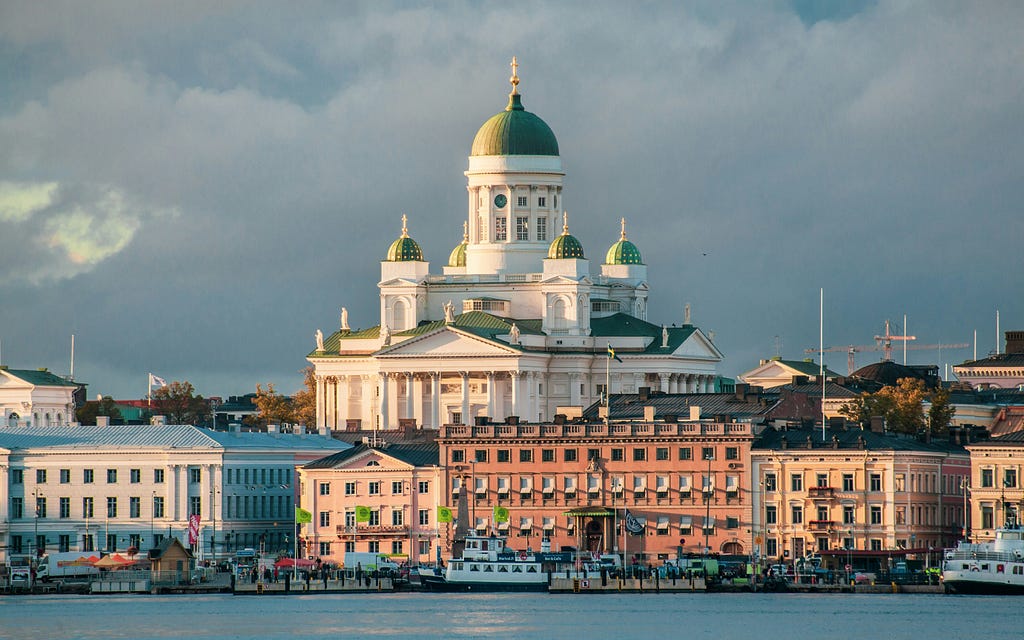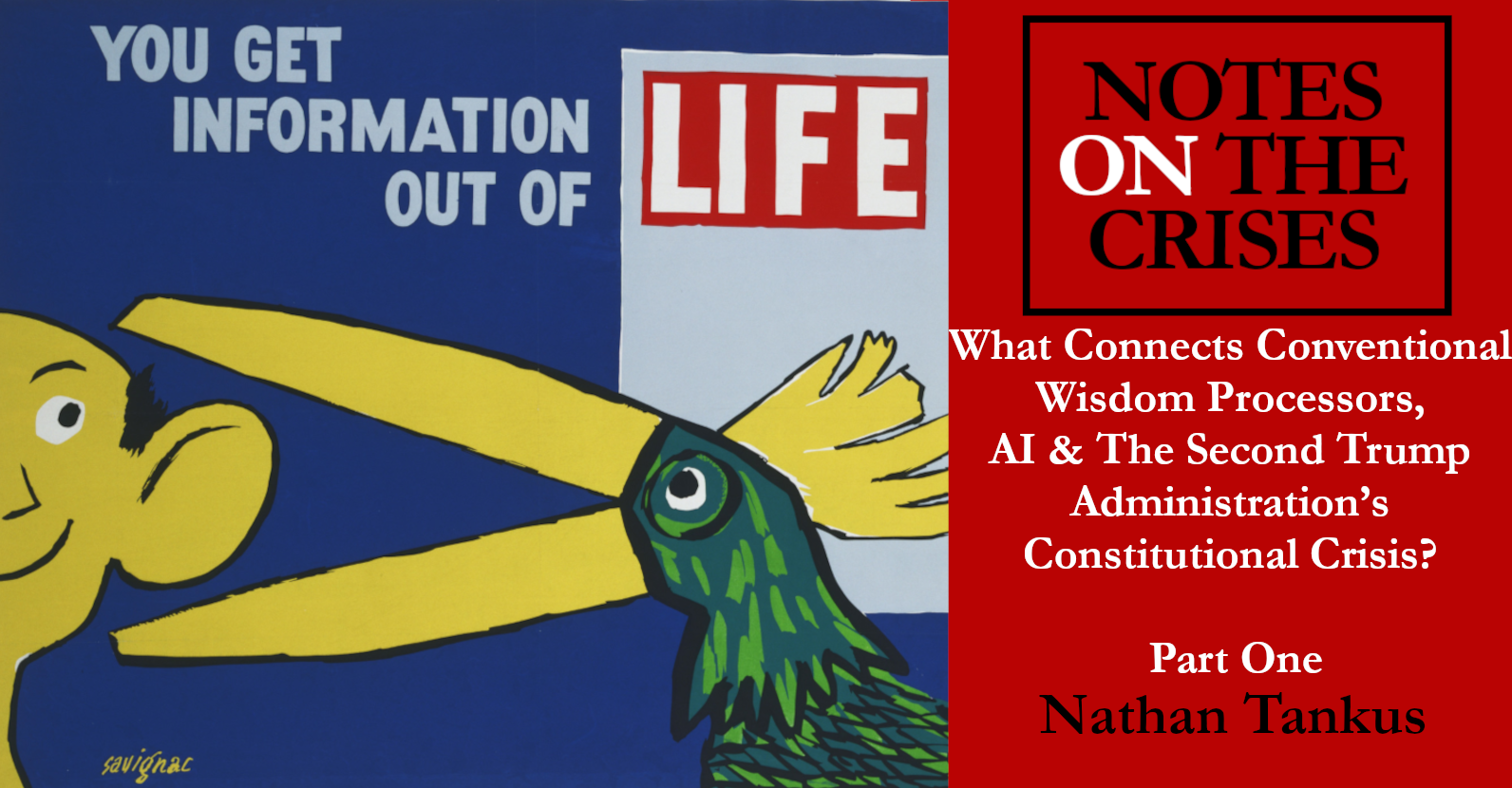On this episode of Follow the Money, Dr Emma Shortis and Glenn Connley discuss Anthony Albanese’s major diplomatic tour, the US Defense Secretary’s concerning warning to his top brass, and why the Trump-Netanyahu peace plan seems “doomed to fail”.
You can sign our petition calling on the Australian Government to launch a parliamentary inquiry into AUKUS.
After America: Australia and the new world order by Emma Shortis is available via Australia Institute Press.
Guest: Emma Shortis, Director of International & Security Affairs, the Australia Institute // @emmashortis
Host: Glenn Connley, Senior Media Advisor, the Australia Institute // @glennconnley
Show notes:
After America, the Australia Institute





